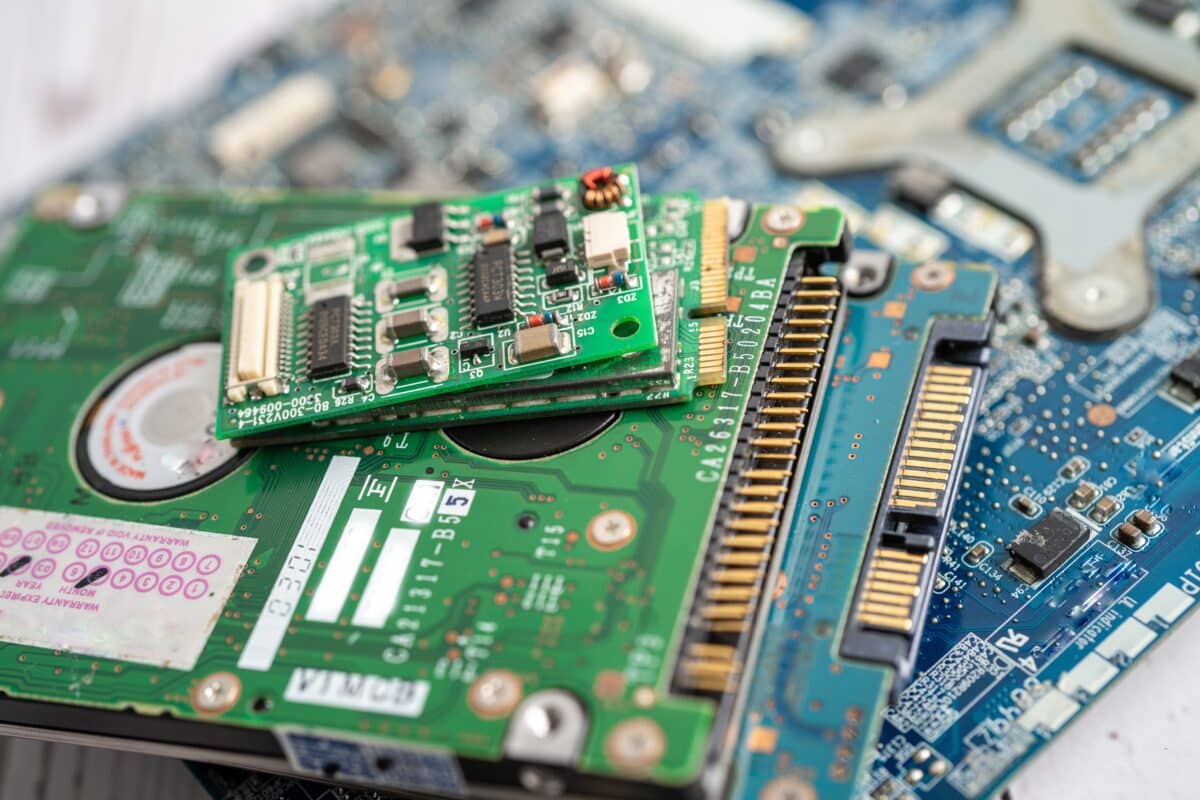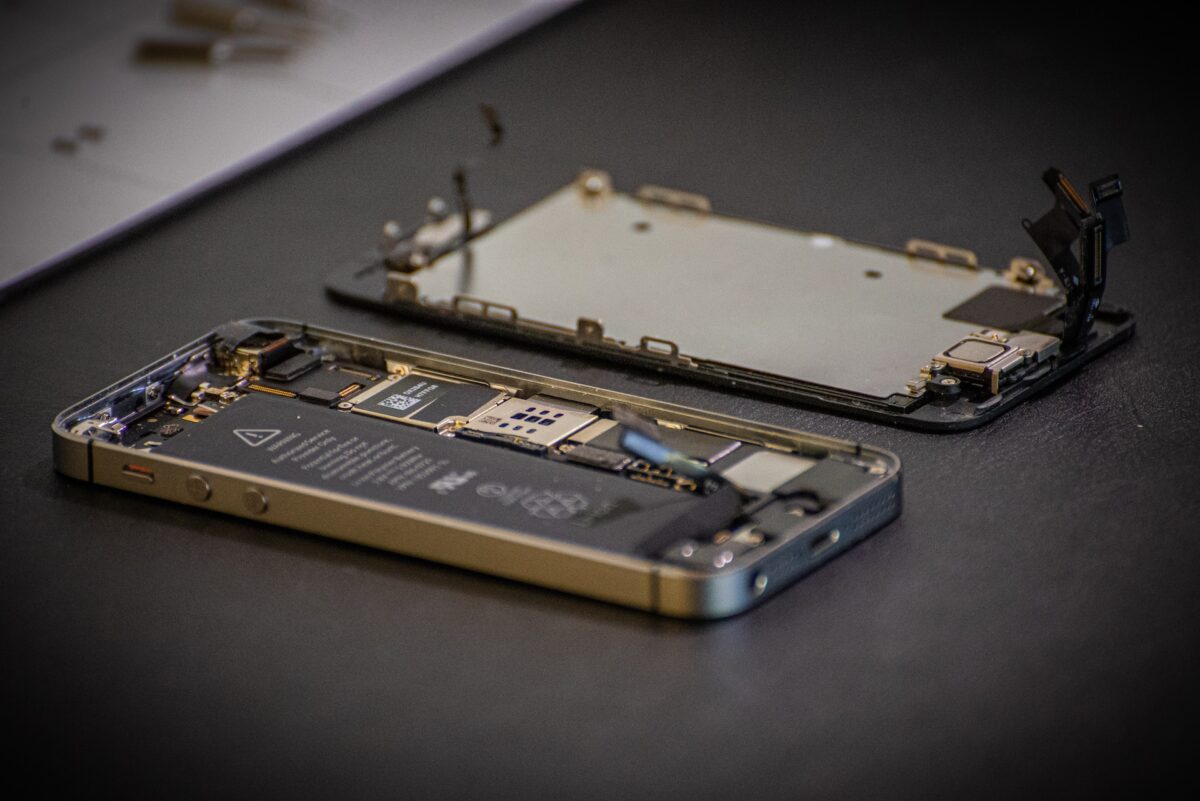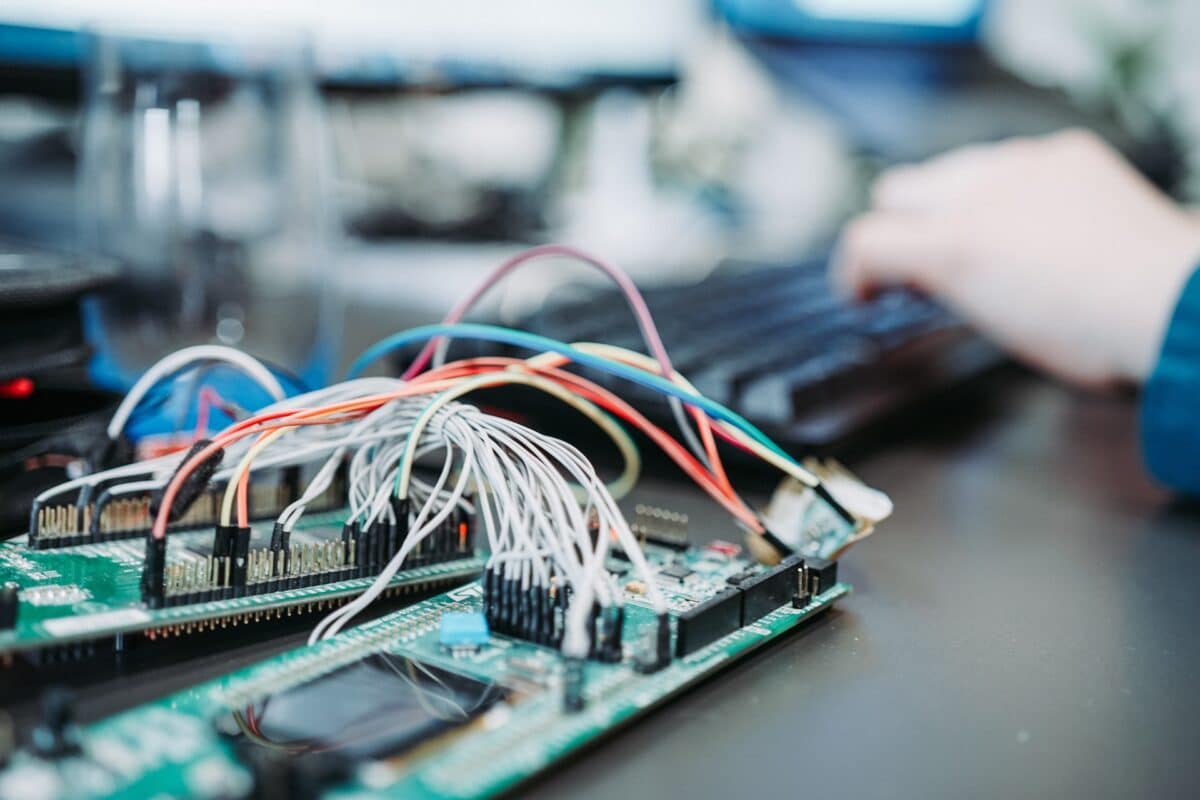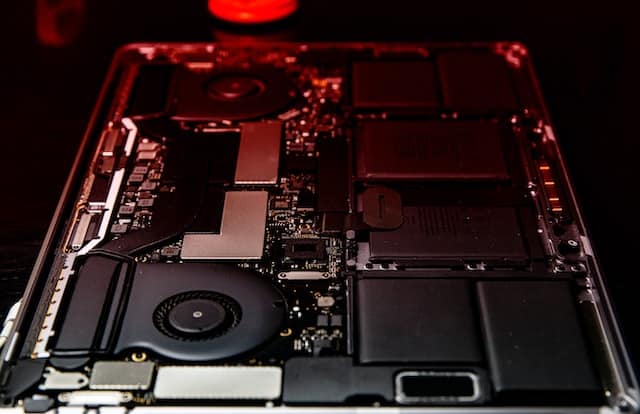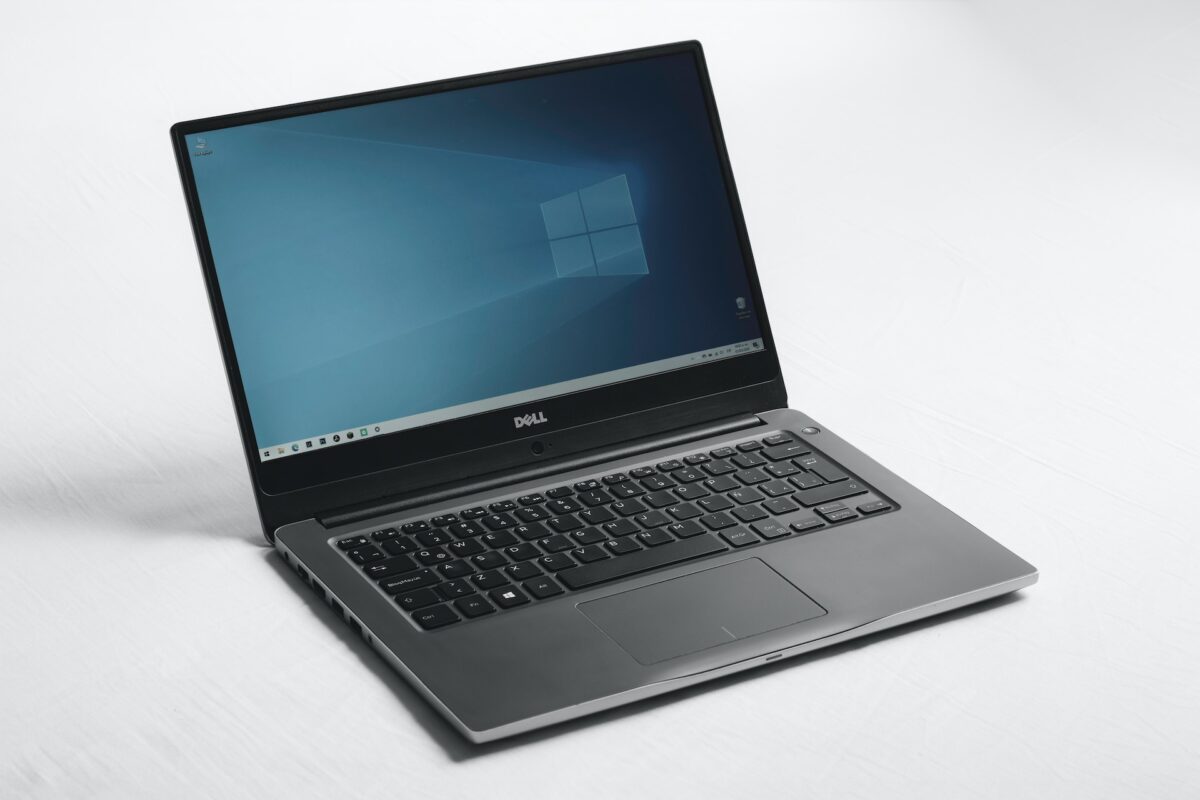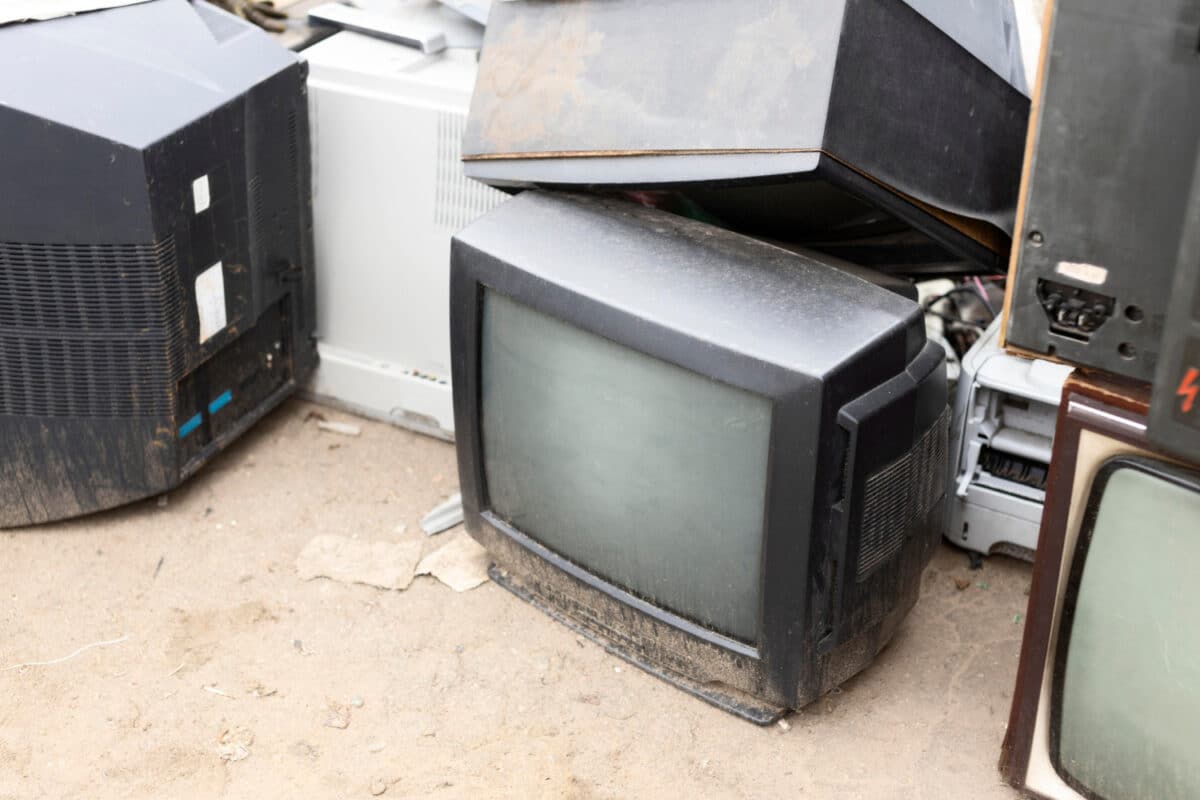Building a Greener Future: Residential Electronics Recycling in Atlanta
As technology becomes ever more ingrained in our daily lives, the management of residential electronic waste has emerged as a significant concern for homeowners in Atlanta. With the growing number of electronic devices in households, it has become crucial to address proper disposal and recycling practices to protect the environment and maintain data security. By making conscious efforts to responsibly recycle or dispose of our electronics, homeowners in Atlanta can play a vital role in building a greener and more sustainable future.
In this inclusive guide, we will explore various facets of residential electronics recycling in Atlanta, including how to identify recyclable devices, understand the environmental ramifications of improper e-waste disposal, protect data on personal devices, and experience the advantages of partnering with a credible recycling center like Green Atlanta Recycling. By offering clear and actionable insights, our objective is to equip homeowners with the knowledge and tools necessary to make well-informed decisions in electronics recycling and foster eco-friendly practices in residential waste management. Together, we can pave the way for a more environmentally responsible city by implementing ethical and secure residential electronics recycling initiatives.
Identifying Recyclable Residential Electronics
The first step in residential electronics recycling is determining which devices can be recycled. Here are some common electronic items found in households that can be recycled in Atlanta:
2. Tablets and smartphones
3. Printers and scanners
4. Keyboards, mice, and other peripherals
5. Home audio and video equipment, excluding televisions
6. Batteries and power supplies
Always check with your local recycling center to ensure you have a comprehensive list of accepted electronics and their specific recycling requirements.
Understanding the Environmental Impact of Improper E-waste Disposal
Improper e-waste disposal can have several negative effects on the environment:
1. Soil and water pollution: Hazardous substances in e-waste, such as lead, mercury, and cadmium, can contaminate soil and water resources if not safely disposed of.
2. Air pollution: The incineration of e-waste can release toxic chemicals into the atmosphere, contributing to air pollution and posing health risks.
3. Resource depletion: Discarding electronic devices that contain valuable materials, like gold, silver, and copper, contributes to the unnecessary mining and depletion of natural resources.
By recycling residential electronics responsibly, homeowners in Atlanta can help minimize these environmental hazards and promote a greener future.
Ensuring Data Protection for Personal Devices
Before recycling electronic devices, it’s crucial to take steps to protect your personal data:
1. Backup essential data: Make sure important information is securely backed up using cloud storage or external devices before recycling.
2. Wipe data from devices: Use data erasure tools to effectively remove sensitive information from devices. Factory-resetting can also help eliminate data in some cases.
3. Secure hard drive disposal: Physically remove storage devices like hard drives from electronics, and consider enlisting the help of a trusted recycling center like Green Atlanta Recycling to securely shred or destroy them.
By keeping data protection in mind during the disposal process, Atlanta homeowners can minimize risks and maintain personal privacy.
Benefits of Partnering with a Reliable Recycling Center in Atlanta
Working with a reputable recycling center like Green Atlanta Recycling offers numerous advantages for residential electronics recycling:
1. Compliance with regulations: Green Atlanta Recycling adheres to local, state, and federal e-waste disposal regulations, ensuring your electronics are recycled responsibly and legally.
2. Secure data destruction: Their expertise in data security means they prioritize data protection when recycling personal devices.
3. Environmental benefits: Green Atlanta Recycling follows eco-friendly recycling practices, minimizing the environmental impact of residential e-waste disposal.
4. Ease and convenience: Utilizing a reputable recycling center streamlines the recycling process, making it easier and more convenient for homeowners.
By collaborating with a trusted recycling partner, homeowners can ensure their residential electronics are disposed of securely and responsibly.
How to Make Residential Electronics Recycling a Habit
Turning residential electronics recycling into a regular habit is crucial for sustained environmental benefit. Here are some tips to help homeowners in Atlanta adopt greener practices:
1. Set up a dedicated e-waste collection area: Having a specific area in your home for collecting electronics designated for recycling will help remind you to recycle responsibly.
2. Schedule regular recycling drop-offs: Establish a routine for transporting your e-waste to a trusted recycling center like Green Atlanta Recycling.
3. Stay informed: Keep up-to-date with the latest regulations, processes, and accepted devices for recycling, ensuring you are always in compliance.
4. Advocate for eco-friendly practices: Share your knowledge and experiences with friends, neighbors, and family to encourage responsible electronics recycling in your community.
By incorporating these habits into daily life, homeowners in Atlanta can contribute significantly to a more eco-friendly city.
Building a Greener Atlanta through Residential Electronics Recycling
Embracing responsible residential electronics recycling in Atlanta is a shared responsibility for homeowners across the city. By identifying recyclable devices, understanding the environmental implications of improper e-waste disposal, protecting personal data, and partnering with a trusted recycling center like Green Atlanta Recycling, homeowners can make a real difference in fostering a more sustainable environment.
Green Atlanta Recycling is committed to providing secure, eco-friendly, and compliant electronics recycling services that cater to the unique needs of Atlanta homeowners. With a focus on data security and adherence to e-waste regulations, Green Atlanta Recycling is the ideal partner for your residential electronics recycling needs.
Rely on Green Atlanta Recycling to learn more about their services and discover how they can help you implement sustainable, cost-effective solutions for residential electronics recycling. Together, we can pave the way for a greener future in Atlanta by embracing responsible e-waste disposal practices.
